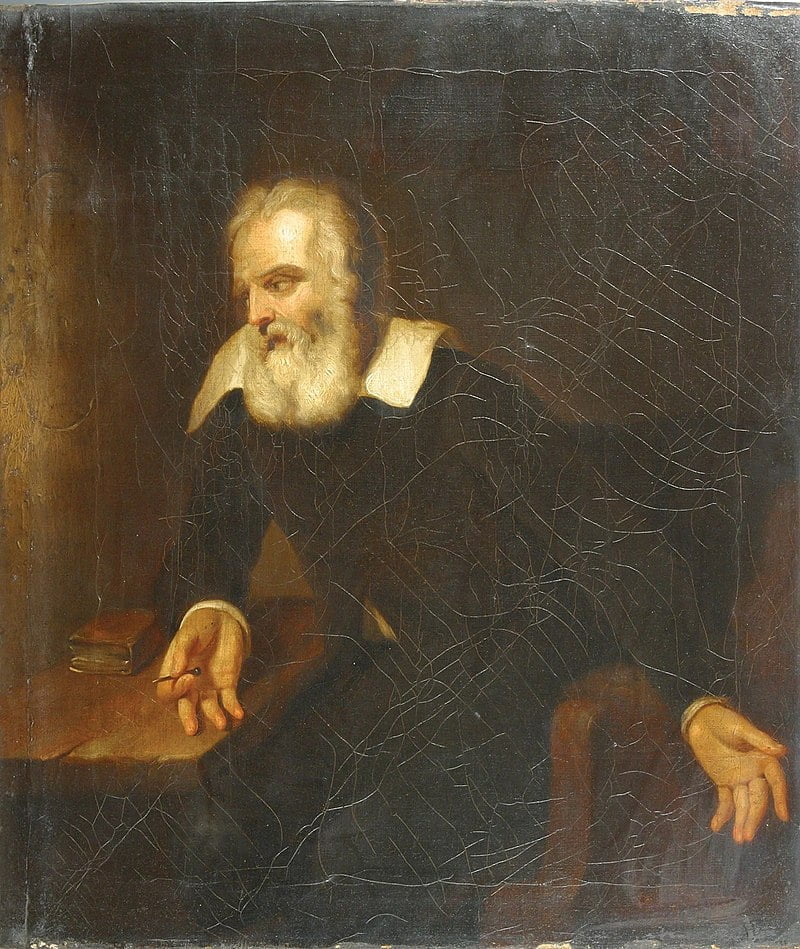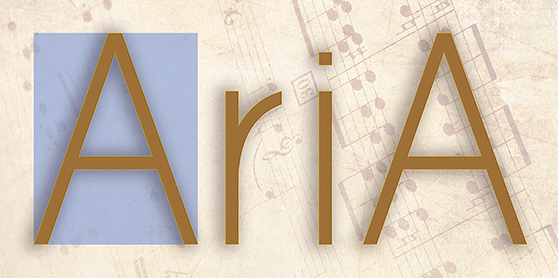Galileo Galilei. Today we are going to talk about a great scientist from the distant past who pushed humanity to question the universe and its mysteries. And the one who revolutionised science!
When we lift our eyes to the starry sky, more or less, we know what we are looking at: stars, planets and other celestial bodies, are established facts about which in general terms everyone is familiar. Of course, the universe is still very mysterious, but at least we understand what we are dealing with. Much of all knowledge, in fact, is the result of research by scientists from the distant past. They challenged the beliefs of their time by rationally analysing natural phenomena, driven by an insatiable curiosity and a desire to discover the mysteries of the world. Galileo Galilei is one such pioneer of physics and astronomy.
Galileo was born in Pisa (present-day Italy) on 15 February 1564 and grew up in an aristocratic but financially troubled family. His whole environment was cultured and educated (Galileo's father, for example, was a musician and did his best to give his son a decent education), but the boy's inclinations were considered too theoretical, meaning that from a practical point of view the boy's pursuits were of no use whatsoever. Especially for a family that was in dire need of money.
However, throughout his life Galileo Galilei never abandoned his studies, but was able to achieve some success with his inventions, which brought him fame and earnings. He created a number of scientific measuring instruments, notably a geometric compass for military purposes and a sophisticated thermoscope.

WHY IS GALILEO GALILEI CONSIDERED SUCH AN IMPORTANT SCIENTIST? His inventions...
The most important invention attributed to Galileo was the telescope. However, the telescope, an undeniably innovative invention, was already known. A few years earlier, a similar device had been developed by some Dutch opticians. Where, then, is Galileo's ingenious contribution? His credit for pointing this "cannon glass", as it was called at the time, into the sky! Yes, yes, don't laugh, it may seem like such a small thing to you... But for that time, it was a feat.
This simple but revolutionary gesture broke with centuries of traditional research based solely on observations of the movement of stars and theoretical calculations. In doing so, Galileo inaugurated the modern scientific method, in which, in addition to the qualitative observation of phenomena, experiments are added that test commonly held human beliefs in order to confirm or disprove them.
From then on, science was no longer content to learn about reality through direct, everyday experience or traditional knowledge alone; instead, the most ordinary phenomena, such as falling bodies, were investigated through trial and error and experimentation to grasp their most intimate nature.
Galileo essentially debunked the age-old custom of justifying the fall of a body by its own weight alone by proving that in a vacuum, a cannonball and a feather, thrown from the same height and at the same time, would fall and touch the ground simultaneously.
You don't believe it? You don't think it's possible? Well, this video is for you... Isn't it a miracle?
Using the same method of calculation, observation and experimentation, Galileo studied sunspots, craters on the moon and the distance between stars (previously all these objects had been assumed to be equally distant from Earth).
However, the most significant contribution to science was that he proved exactly what Nicolaus Copernicus had argued many years earlier: that the sun is stationary and the planets (hence the Earth) revolve around it.
A SCHOLAR AND THE CHURCH. “И всё таки она вертится!”
This heliocentric theory (from the Greek elios meaning "sun") challenged an important dogma of the church, which at the time controlled all areas of knowledge and everyday life. According to the Bible, the earth was stationary and the sun revolved around it.
Galileo Galilei's theory and the scientific method itself were to the clergy an affront to the laws established by God, for they questioned matters of "divine competence" that mortal man could not and should not understand.
The tribunals of the Inquisition (the church body that condemned behaviour that was not in keeping with Christianity) forced poor Galileo to recant, i.e. to deny his theories. Galileo, in order to save his life, recanted his beliefs.
According to legend (which has never been confirmed), on leaving court, the scholar, contemplating the theory he had just renounced, uttered the famous phrase: "And Pur moves!", thus proving that the inquisitor had broken the man, but not the scholar.
Sentenced to life imprisonment on his estate, Galileo Galilei was forced to revise his works (the most important of which was his Dialogue on the Two Chief World Systems), but his method had already given rise to a new approach to nature and physics, changed the world forever.



 and then
and then 

Очень интересно и познавательно
И всё таки она вертится… Верность своим принципам даже под страхом смерти… остались ли такие люди. Люди которые создают и открывают а не разрушают.